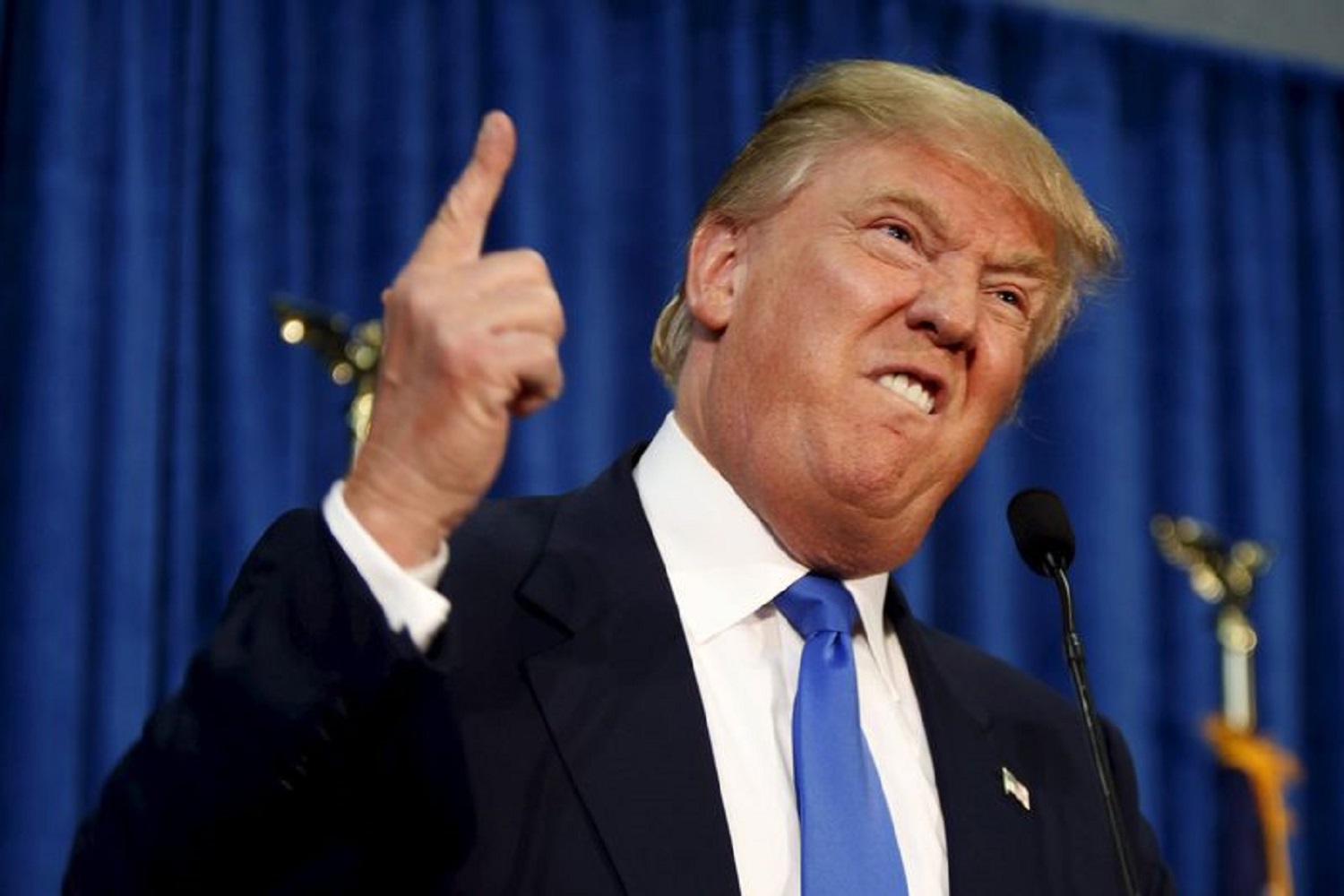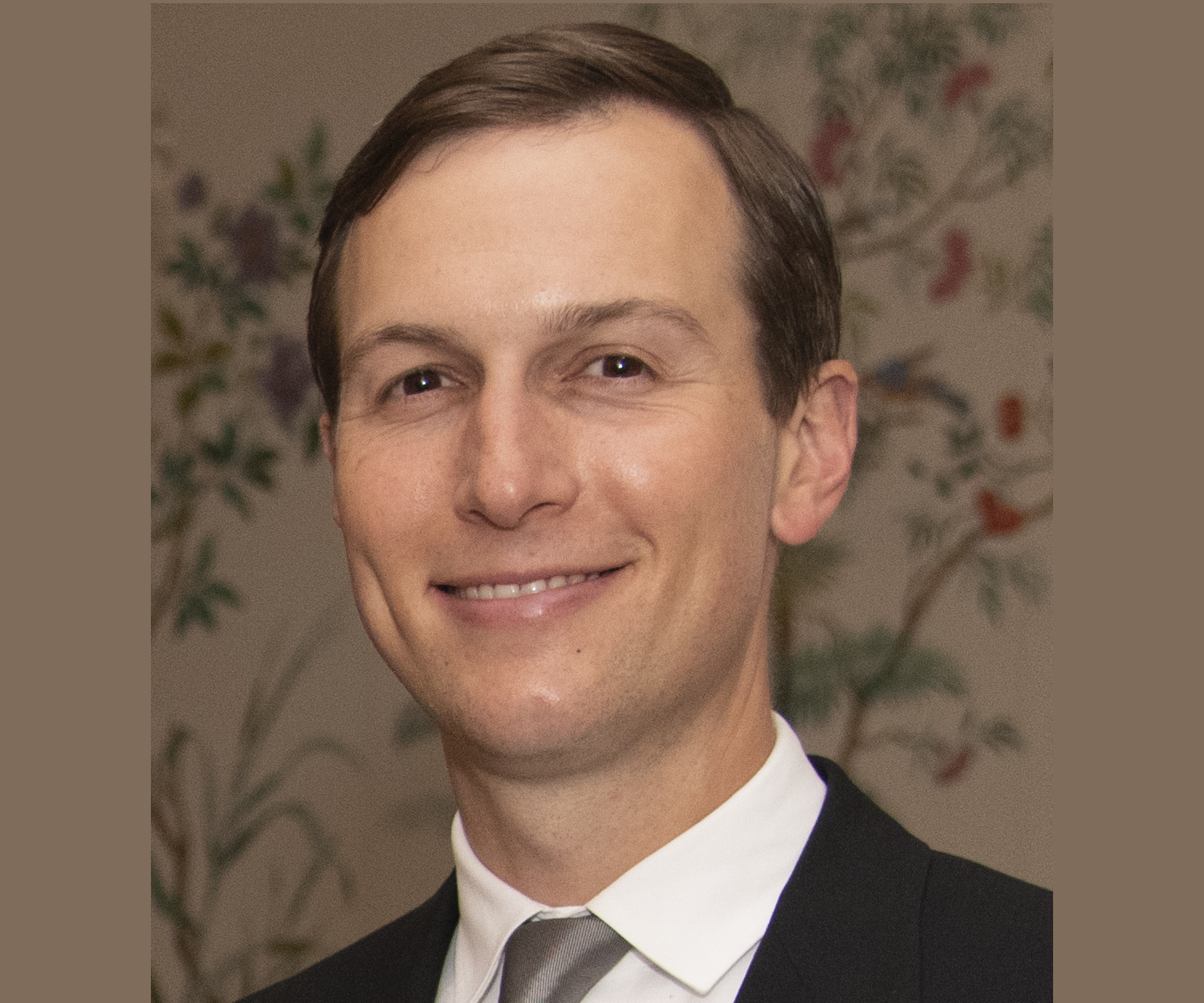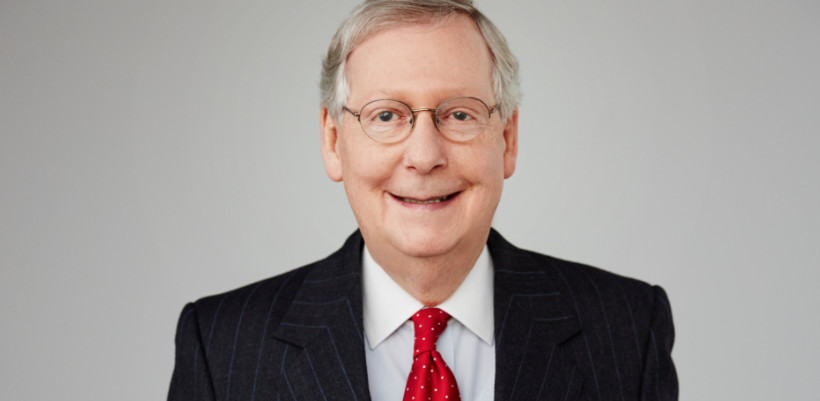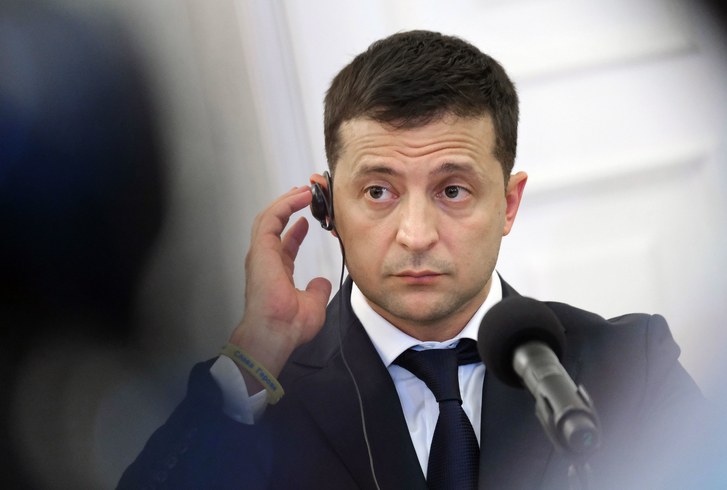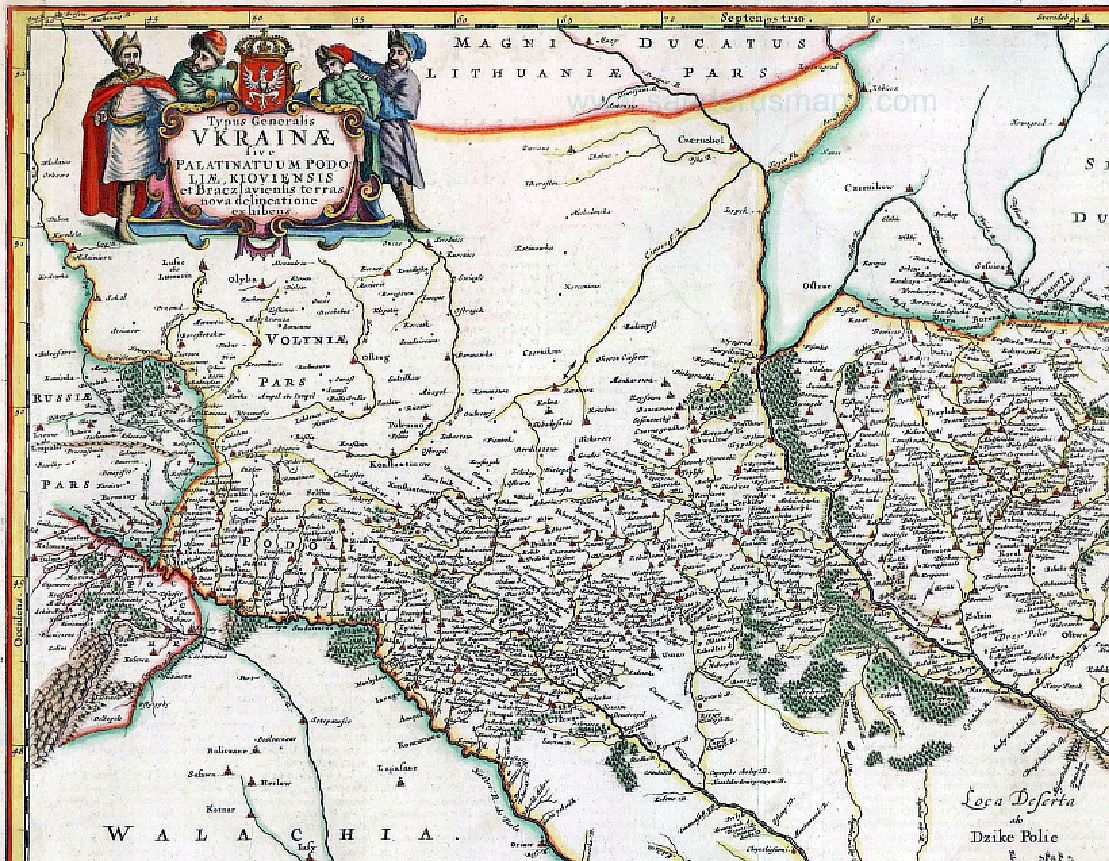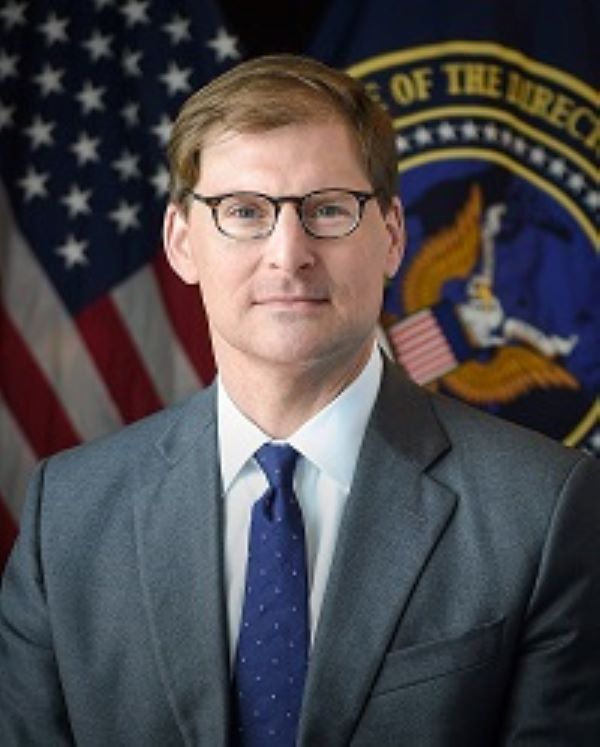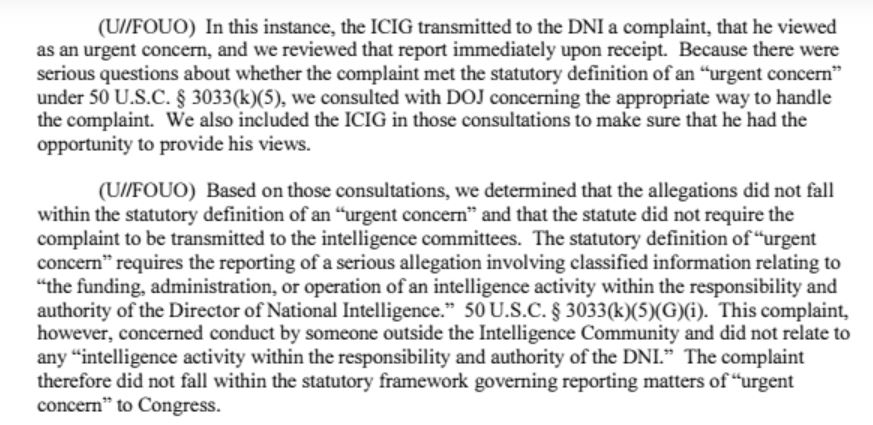The Press Gets Utterly Snookered on the White House Rebranding of the Same Old Unrelenting Obstruction of Congressional Prerogatives
Yesterday, the White House sent a letter to Nancy Pelosi and just some of the Committee Chairs conducting parts of an impeachment inquiry into the President, purporting to refuse to participate in that impeachment inquiry. Since then, there has been a lot of shocked coverage about how intemperate the letter is, with particular focus on the fact that White House Counsel, Pat Cipollone, used to be considered a serious lawyer. There has been some attempt to analyze the letter as if it is a legal document and not instead the President’s rants packaged up in Times Roman and signed by one of his employees. A number of outlets have thrown entire reporting teams to do insipid horse race coverage of the letter, as if this is one giant game, maybe with nifty commercials on during halftime.
None I’ve seen have described the letter as what it is: an attempt to rebrand the same old outright obstruction that the White House has pursued since January.
The tell — for those teams of well-compensated journalists treating this as a factual document — might have been the addressees. While the letter got sent to Adam Schiff, Eliot Engel, and Elijah Cummings, it did not get sent to Jerry Nadler, who has been pursuing an impeachment inquiry of sorts since the Mueller Report came out. The White House knows Nadler is also part of the impeachment inquiry, because even as the White House was finalizing the letter, Trump’s DOJ was in DC Chief Judge Beryl Howell’s courtroom fighting a House Judiciary request for materials for the impeachment inquiry. In the hearing, DOJ literally argued that the Supreme Court’s 8-0 US v. Nixon was wrongly decided.
Howell picked up on that point by pressing DOJ to say whether then-U.S. District Court Chief Judge John Sirica was wrong in 1974 to let Congress access a detailed “road map” of the Watergate grand jury materials as it considered President Richard Nixon’s impeachment.
Shapiro argued that if the same Watergate road map arose today, there’d be a “different result” because the law has changed since 1974. She said the judge wouldn’t be able to do the same thing absent changes to the grand jury rules and statutes.
Howell sounded skeptical. “Wow. OK,” she replied.
DOJ also argued that Congress would have to pass a law to enshrine the principle that this binding Supreme Court precedent already made the law of the land.
In the HJC branch of the impeachment inquiry, the few credible claims made in yesterday’s letter — such as that Congress is conducting the inquiry in secret without the ability to cross-examine witnesses or have Executive Branch lawyers present — are proven utterly false. And with the claims made in yesterday’s hearing, the Executive demonstrated that they will obstruct even measured requests and negotiations for testimony.
The Trump White House obstructed normal Congressional oversight by absolutely refusing to cooperate.
The Trump White House obstructed an impeachment inquiry focused on requests and voluntary participation.
The Trump White House obstructed an impeachment inquiry where subpoenas were filed.
The Trump White House obstructed an impeachment inquiry relying on whistleblowers who aren’t parties to the White House omertà.
The Trump White House obstructed what numerous judges have made clear are reasonable requests from a co-equal branch of government.
Nothing in the White House’s conduct changed yesterday. Not a single thing. And any journalist who treats this as a new development should trade in her notebooks or maybe move to covering football where such reporting is appropriate.
It is, however, a rebranding of the same old unrelenting obstruction, an effort to relaunch the same policy of unremitting obstruction under an even more intransigent and extreme marketing pitch.
And that — the need to rebrand the same old obstruction — might be worthy topic of news coverage. Why the White House feels the need to scream louder and pound the table more aggressively is a subject for reporting. But to cover it, you’d go to people like Mitt Romney and Susan Collins, who already seem to be preparing to explain votes against the President. You even go to people like Lindsey Graham, who is doing ridiculous things to sustain Rudy Giuliani’s hoaxes in the Senate Judiciary Committee — but who has condemned the principle of making the country dramatically less safe for whimsical personal benefit in Syria. Or you go to Richard Burr, who quietly released a report making it clear Russia took affirmative efforts to elect Trump in 2016.
This week, Trump looked at the first few Republicans getting weak in the knees and his response was to double down on the same old policies, while rolling out a campaign trying to persuade those weak-kneed members of Congress who are contemplating the import of our Constitution not to do so.
The President’s former lawyer testified earlier this year, under oath, that this has always been a branding opportunity to Donald Trump.
Donald Trump is a man who ran for office to make his brand great, not to make our country great. He had no desire or intention to lead this nation – only to market himself and to build his wealth and power. Mr. Trump would often say, this campaign was going to be the “greatest infomercial in political history.”
His latest attempt to cajole Republican loyalty is no different. It’s just a rebranding of the same intransigence. Treating it as anything but a rebranding is organized forgetting of what has taken place for the last nine months, and journalists should know better.

